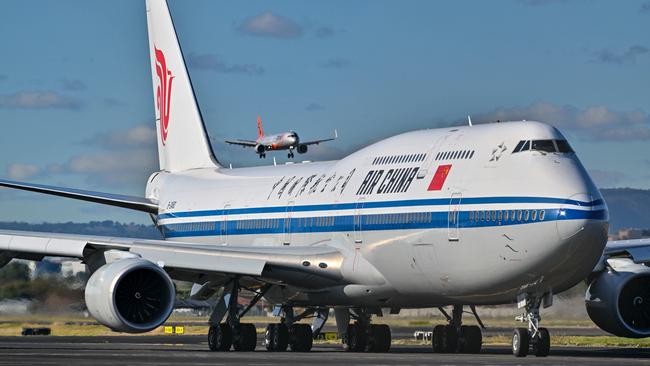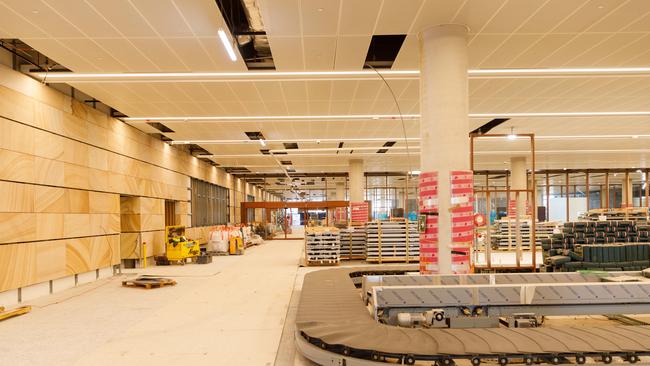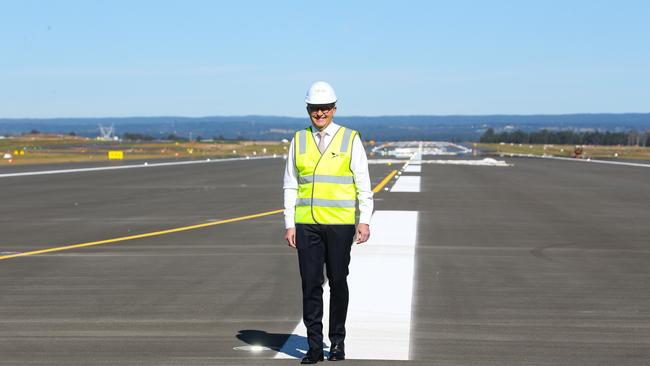‘Revenge travel’ boosts passenger numbers to pre-pandemic levels
The cost-of-living crisis has done little to dampen Aussies’ appetite for one activity they were denied during the Covid-19 pandemic.
Breaking News
Don't miss out on the headlines from Breaking News. Followed categories will be added to My News.
Australians have defied the cost-of-living crisis and flocked to airports in the past 12 months for international travel at rates just shy of pre-pandemic levels.
The latest Australian Bureau of Statistics data shows in the past year, 1,010,640 short and long-term trips were taken by Australian residents, just 38,000 trips shy of 2019.
An RMIT global financial markets, behaviour and trends expert thinks the numbers show Aussies are “revenge travelling”; hunting deals after the pandemic restrictions.

The ABS data, released on Friday, shows Australian short and long-term departure numbers are at 96 per cent of pre-pandemic levels.
In the 12 months to July 2024, Australians left for more long-term overseas trips than in 2019 – up more than 15 per cent to 26,440.
“The data shows us Australians are ‘revenge travelling’ despite recent economic pressures,” RMIT associate professor in finance Angel Zhong said.

“Opt for travel destinations that offer good value for money, such as places with favourable exchange rates or a lower cost of living,” Dr Zhong said.
“Recent data shows Indonesia is a top travel destination for Australians.”
RMIT Aviation Academy operations manager Justin Brownjohn said higher cost of living had changed consumer behaviour.
“Travel hacking is not a new phenomenon, but it’s becoming more prominent in today’s inflationary environment,” he said.
As well as getting smart on frequent flyer points, point-stacking, looking for points bonuses and redeeming them smartly, there are some more straightforward ways to save.

“Absolutely never book 12 months ahead – this is when airlines automatically release their schedules, which is when the most expensive fares are made available and you’ll be at risk of fare dropping,” Mr Brownjohn said.
The thriftiest time to book domestic flights is six to eight weeks ahead and three to four months ahead for international travel.
Consumers should also clear their browser cookie history so travel sites do not increase fares the more you go to check on prices.
The Australian Travel Industry Association (ATIA) estimates nearly 19 million international and domestic air tickets were issued in Australia in the 2023 calendar year, up from about 17 million the year before.
“Fundamentally, we’ve got back to a normal rhythm of travel,” ATIA chief executive Dean Long told Forbes in July.
“So we’re still below pre-pandemic levels for travel overall, but we are seeing certain destinations really recover in terms of where Australians are wanting to travel to.”
Originally published as ‘Revenge travel’ boosts passenger numbers to pre-pandemic levels



